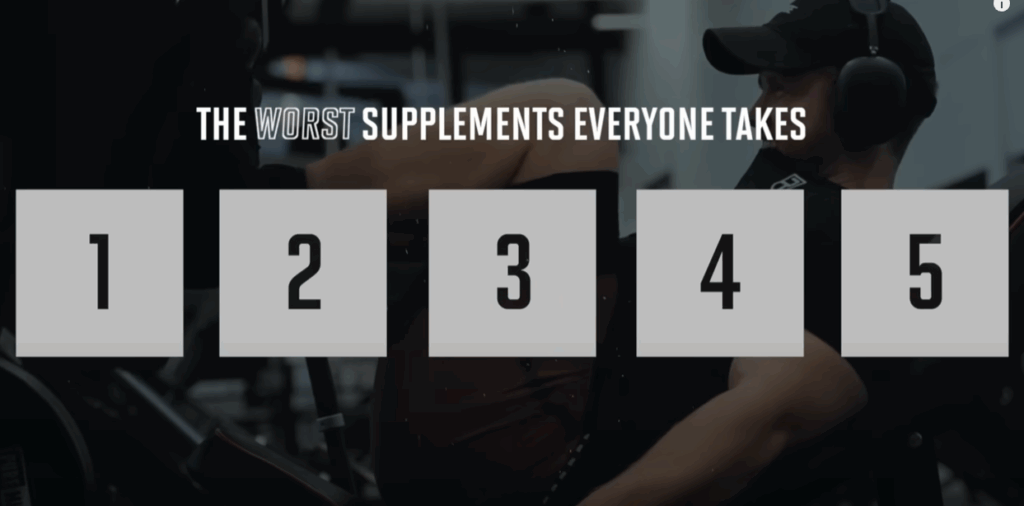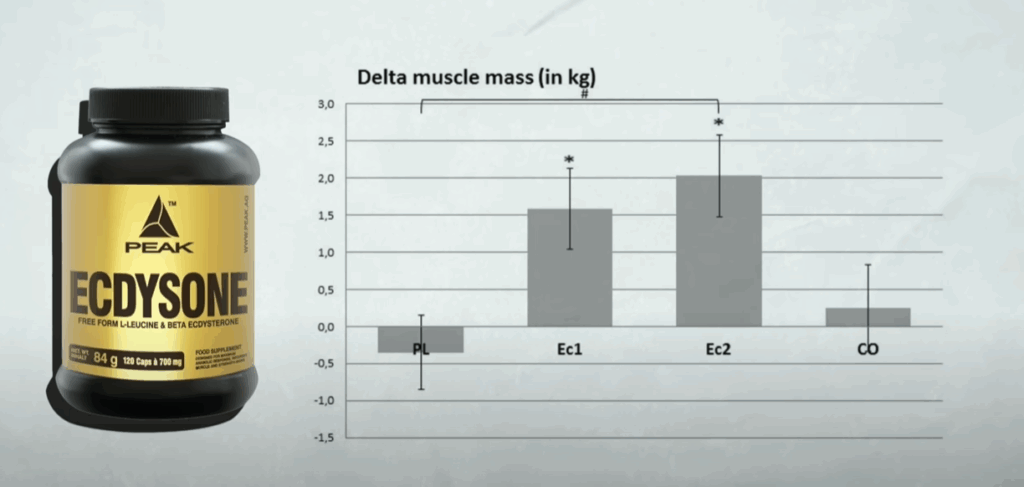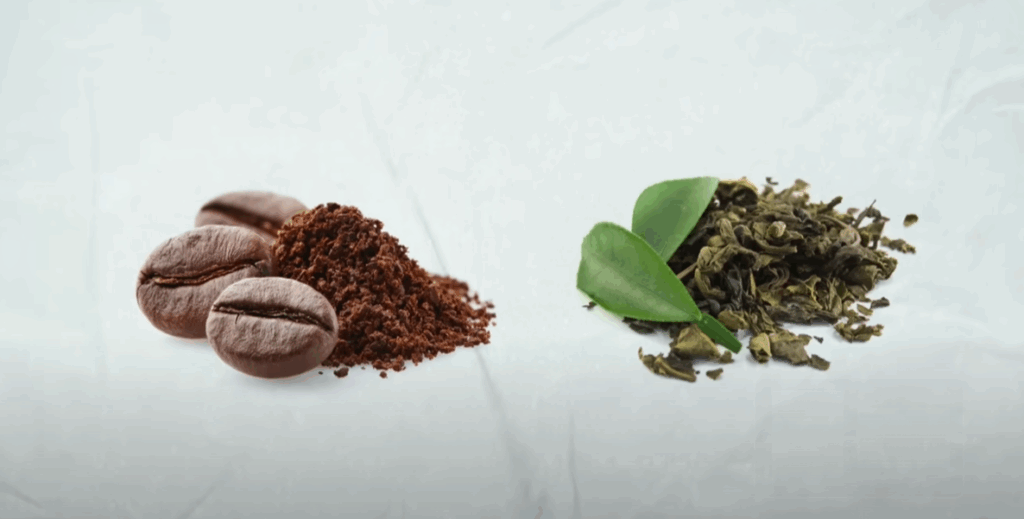5 Popular Fitness Supplements That Don’t Live Up to the Hype
In today’s fitness landscape, supplements are marketed as essential tools for transforming your physique—whether it’s gaining muscle, shedding fat, or boosting testosterone. But not all products live up to their promises. Despite slick packaging and glowing reviews, many supplements lack the scientific backing needed to justify their popularity.
Let’s break down five supplements that continue to dominate gym bags and online shopping carts—even though most evidence suggests they offer little to no real benefit.

1. Testosterone Boosters
Testosterone boosters remain one of the most heavily marketed supplements in the fitness industry. Yet, the majority of these products do little more than empty your wallet.
A comprehensive study published in 2020 reviewed the top-selling testosterone supplements on Amazon. Shockingly, three out of five didn’t even disclose exact dosages, hiding behind “proprietary blends”—a tactic often used to mask underdosing.
Of the ingredients commonly found in these products—horny goat weed, Boron, ashwagandha, fenugreek, and saw palmetto—half had no human studies supporting any testosterone-boosting effects. Even the few that did, like Boron and saw palmetto, were backed by more negative findings than positive.
Ashwagandha shows the most promise, especially for reducing cortisol and stress, and has been linked to modest increases in testosterone. But even the best studies report only minor improvements—nowhere near the spike seen with testosterone replacement therapy or anabolic steroids.
In other words, if your testosterone levels are already within the normal range, don’t expect over-the-counter boosters to provide a meaningful difference. Instead, focus on proven strategies: quality sleep, resistance training, healthy fat intake, and sufficient micronutrients like zinc, magnesium, and vitamin D.
2. Turkesterone
Turkesterone exploded onto the supplement scene with promises of steroid-like muscle gains—without the side effects. Unfortunately, the hype isn’t backed by human research.
While some ectysteroids (the compound family turkesterone belongs to) have shown promise in rodents or isolated cases, there are still zero human studies specifically validating turkesterone’s effects on strength or hypertrophy.
More troubling is the lack of quality control. Independent lab testing has revealed that many turkesterone supplements contain far less of the active ingredient than their labels claim—sometimes less than 1%. In several cases, no turkesterone was detected at all.
Even if future studies support its efficacy, the current marketplace is flooded with mislabeled or underdosed products. Until that changes, it’s best to avoid turkesterone altogether.

3. BCAAs (Branched-Chain Amino Acids)
BCAAs—leucine, isoleucine, and valine—are often marketed as essential for muscle growth and recovery. But here’s the truth: if you’re already consuming enough protein through whole foods or protein powders, BCAAs offer no additional benefit.
While leucine plays a key role in stimulating muscle protein synthesis, your body also needs all nine essential amino acids to actually build muscle tissue. Without those, it’s like turning the key in a car without any fuel—it simply won’t run.
Numerous studies, including a recent meta-analysis covering 12 trials, found no performance or muscle-building advantage to BCAA supplementation in athletes who consumed adequate daily protein.
Unless you’re training in a fasted state or following a low-protein vegan diet, there’s no need to waste money on BCAAs. Opt for a complete protein source instead.
4. Fat Burners
Fat burners are another category that remains wildly popular, despite underwhelming results.
These supplements usually claim to work by either suppressing appetite or increasing thermogenesis (calories burned through heat production). While some ingredients—like caffeine or green tea extract—can slightly increase energy expenditure, the overall effect is minimal when compared to simply adjusting your diet or increasing physical activity.
A large-scale review of fat-burning supplements confirmed that they offer no additional benefit beyond what diet and exercise alone can achieve. Worse, many contain stimulants or untested ingredients that may negatively impact your heart rate, sleep, and mood.
If you want a fat-burning edge, caffeine alone can enhance workout performance and marginally support fat loss. But any “thermogenic blend” promising rapid fat reduction is likely exaggerating its claims.

5. Beta-Alanine
Beta-alanine isn’t necessarily a scam—it does work. Just not in the way most gym-goers think.
This compound helps buffer muscle acidity, which theoretically allows you to train longer by delaying fatigue. However, this effect only kicks in during longer bouts of exercise—typically one to four minutes in duration.
That means beta-alanine is useful for endurance athletes, HIIT-style workouts, or higher-rep circuits. But for traditional strength training sets of 8 to 15 reps (which usually last under 60 seconds), the benefits are negligible.
A major meta-analysis confirmed this: beta-alanine supplementation did nothing to improve performance in efforts lasting less than a minute. So unless your training includes lots of longer-duration efforts, beta-alanine probably isn’t worth your money.

Final Thoughts: Evidence Over Hype
It’s easy to get excited about a new supplement, especially when it promises fast results with little effort. And early in your training journey, it’s tempting to believe that some cutting-edge formula is the missing piece.
But in reality, your results come from consistency, proper training, and good nutrition. Supplements play a very minor role in the process—and even then, only a handful are worth considering.
Here are a few tips to help you avoid wasting your money:
- Stick to research-backed basics like creatine, caffeine, and protein powders.
- Don’t trust hype or reviews alone. Placebo is powerful, and many online reviews are biased or unverified.
- Avoid proprietary blends—they’re often used to hide ineffective dosages.
- Be a late adopter. Wait for multiple, peer-reviewed studies before trying any new supplement.
Focus on your training, nail your diet, and the progress will come. No supplement can replace the fundamentals.



